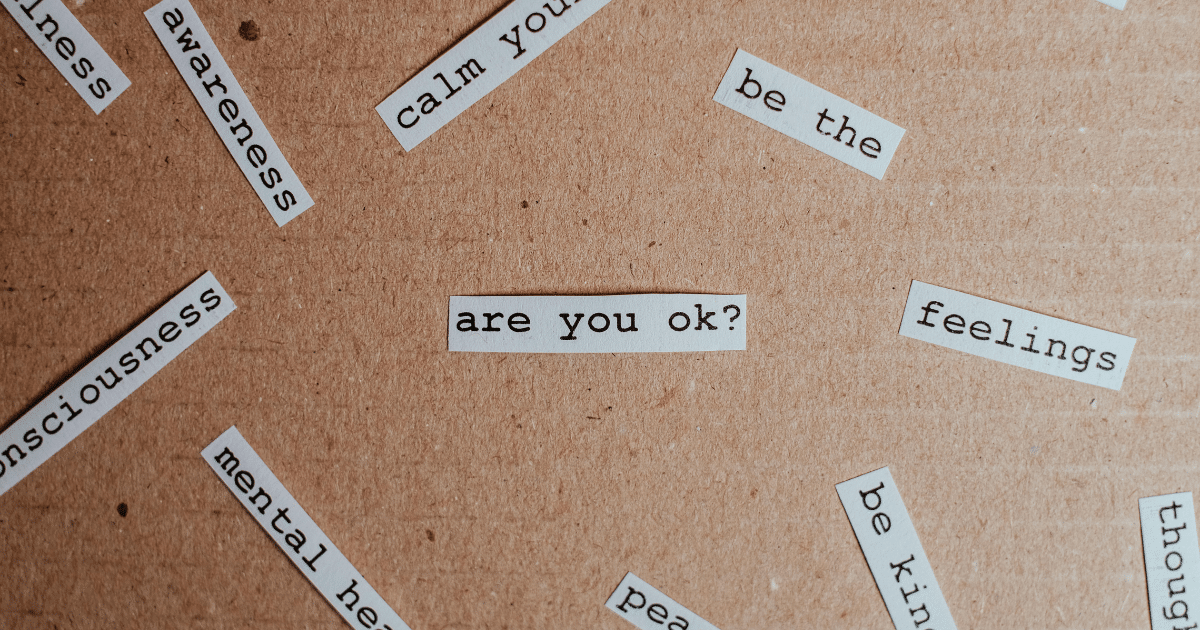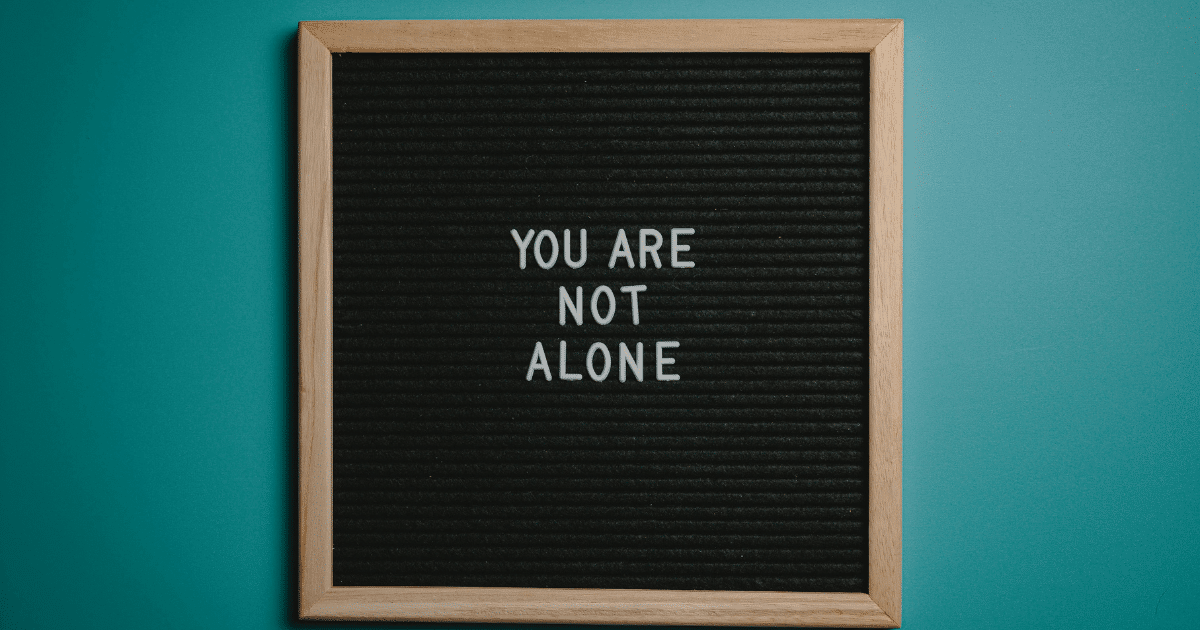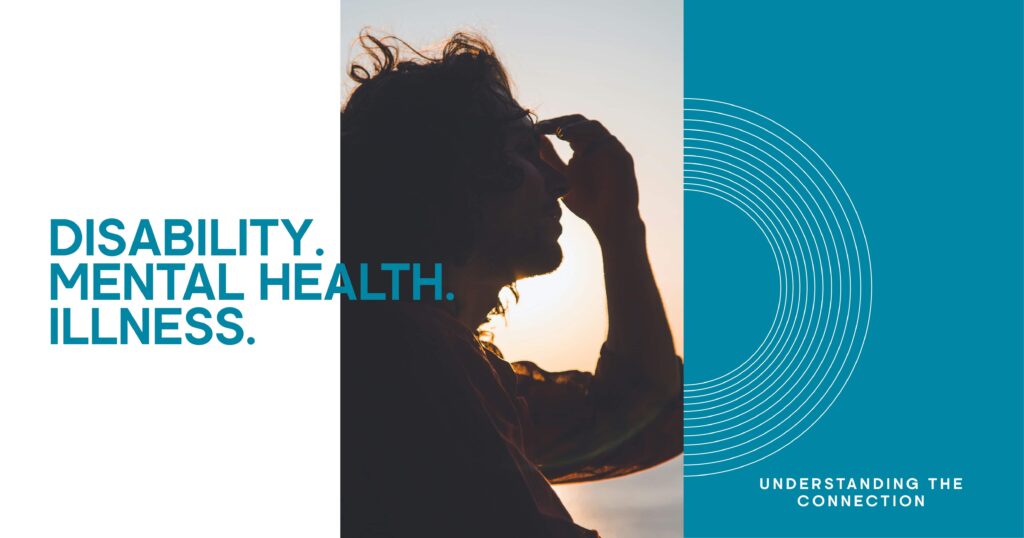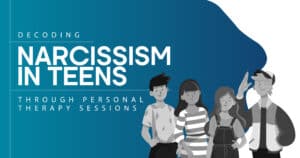While a mental health diagnosis does not necessarily change the life of the individual in a drastic way, sometimes a mental illness can prevent the person from working and earning money – this means a mental health condition can allow you to qualify for mental health disability and receive disability benefits from the Social Security Administration (SSA).
With the help of this guide you will learn what is considered a mental disability, discover the mistakes applicants make when confirming it, and figure out how to ensure your disability application is approved.
Mental Health Disability: What It Means
Mental health disability refers to a clinically significant psychological or cognitive condition that prevents you from taking part in various activities and forces you to rely on special services. Your mental health disorder will be considered a disability if it has a major impact on your ability to work – most individuals apply for benefits in order to be able to support themselves financially because they cannot work anymore or at all.
Even if you are not unable to qualify for benefits, you should still prepare a disability case to be able to take advantage of workplace accommodations – your employer may agree to a flexible work schedule or give you an extra leave so that you take care of your mental well-being – and protect yourself from discrimination in case your mental wellness is brought up in a negative light.
The Overlap Between Mental Illness and Disability Status
Not all mental illnesses will qualify as disabilities – and not all people who receive disability benefits struggle with their mental health. Besides, you may feel occasionally anxious and still be able to do your job without major issues but at some point, anxiety turns into depression or you figure out your mental health challenges started as a result of trauma – when this happens, it will be hard for you to remain independent and rely on your abilities to work and provide for yourself.

California Mental Health
Common Mental Health Conditions That May Qualify as a Disability
A psychological or mental disability can help you qualify for Social Security Administration benefits – if you were diagnosed with anxiety disorder, depression, or bipolar disorder, you can resolve some of your financial worries with benefits as long as you can prove your mental health condition does not let you remain gainfully employed.
From Anxiety and Depression to PTSD and Bipolar Disorder
Any mental health illness that has a lasting effect on a person’s regular daily activities should be considered a disability. It may be a psychotic disorder, personality disorder, or neurocognitive disorder – the point is to show there are obstacles that prevent you from interacting effectively and appropriately in the workplace as well as carrying out your responsibilities without significant detriment to your mental and physical health.
How to Apply for Mental Health Disability: Key Steps, Documentation, and What to Expect
Let us take a look at the application process and make sure you do not miss an important step:
| Step | Description |
Fill out an Application | You can find an application on the official website of the SSA or go to a local SSA office to submit paperwork in person – call them in advance to know there is an opportunity for you to arrange an appointment |
Attach Extra Documentation | Apart from the application, you will be asked to file a document that confirms your citizenship, your tax returns over the past twelve months, and an adult disability report that contains the details about your mental illness |
Enclose Evidence | Your case will be stronger if you can file extra records – statements from your psychologists and psychiatrists who verified your diagnosis, documents that prove you had tests and procedures to know what kind of condition you have, and notes about your treatment and medications you have been taking to alleviate your symptoms |
Wait for the Decision | On average, applications of this kind are processed for six to eight months – during this time, you can undergo yet another evaluation of your mental health and collect further evidence that proves your eligibility, just in case |
Appeal the Decision | If your request for disability benefits was denied, there are still a few things you can do. Ask for a personal hearing with additional evidence, or request other examiners to analyze your paperwork |
California Mental Health
Is It Hard to Get Disability for Mental Illness?
Unlike various physical limitations that can be easily proven and confirmed, mental illnesses can be a challenge. Numerous symptoms of mental disorders cannot be checked by standard procedures or confirmed via tests – and disability examiners may be reluctant to approve your application if there is a small reason to doubt the information you have submitted.
The chances are higher if you do not disregard your well-being and see a mental health professional on a regular basis, you were hospitalized because of your symptoms, you signed up for a residential treatment program to address the most severe mental health impairments, you are older than fifty, and your job demands you to put in a lot of physical or mental effort.
Challenges, Rejections, and How to Strengthen Your Case
Here are a few suggestions on how you can increase the likelihood of a successful mental health disability application:
| Advice | Description |
Be Mindful of Your Work | Many individuals file their applications while they work full days and earn enough to support their families – you need to prove you are impaired to the point of being unable to work and receive a decent salary |
Keep Personal Records | While you do not have to submit your journals full of personal thoughts and feelings that relate to your illness, it is going to be helpful to have a diary that outlines your mental health issues in case you are ever questioned about certain appointments or asked when a particular symptom began to bother you |
Be Specific and Honest | You are not supposed to exaggerate your symptoms or invent physical or mental limitations that do not exist in reality. On the other hand, many applications are dismissed because the applicant was not describing their problems in detail – be truthful and show how your mental health illness affects your life |
Consult With a Psychiatrist | Relying on therapists and counselors is a smart idea but you can strengthen your case if you confirm you also received guidance from a psychiatrist in regard to more intensive treatment and medication management |
Assess Your Overall Health | In case you have co-occurring conditions, do not ignore one of them in favor of the other – your application needs to list your physical and mental impairments that may be closely linked to one another |
| Talk to a Lawyer | You are not obliged to file the documentation with the assistance of a legal expert but it will help you get rid of glaring errors if you ask a disability lawyer to check your paperwork |
Get Help Navigating Mental Health Disability Support – Contact CA Mental Health
Whether you suspect you may have a mental illness or you were diagnosed with a particular disorder in the past and want to strengthen your disability case with further medical evidence, you should rely on mental health professionals in addition to the legal experts you hire to prepare your disability application for mental health.

If you have problems with your paperwork or you need to obtain documentation that verifies your eligibility for disability benefits, reach out to CA Mental Health – our team can offer you their advice regarding your application as well as thoroughly evaluate your mental wellness.
California Mental Health
FAQs
What qualifies for mental disability?
If you have a mental health illness that significantly affects your emotional regulation, behavioral patterns, and cognitive abilities, you can apply for mental health disability – for instance, if your bipolar disorder does not let you work and earn money due to severity and longevity of various manifestations that impact your life, you should file an application.
How do you apply for mental health disability?
You may start at a local SSA office or go to their website to prepare an application – look at the checklist of documents you are supposed to attach and submit only truthful information and real evidence.
Is it hard to get disability for mental illness?
It is rather hard to prove mental illness is debilitating to the point of stopping you from working and earning money to support yourself. Still, if the documents confirm your work performance and your social interactions suffer from psychological and cognitive impairments, you can succeed.
What conditions qualify for mental disability?
Make sure you meet the criteria in terms of a disabling condition – it may be an obsessive-compulsive disorder, anxiety disorder, depression, schizophrenia, eating disorder, or a disorder caused by trauma.
How long does it take to get disability for mental health?
You might have to wait for months to learn your application was processed and approved – do not waste this time. Continue to journal about your symptoms, get formal statements from your friends and employers who can describe how your mental illness affected you, and get extra treatment to see if there is a way to cope with your disorder or if you have to keep going with your disability claim.







